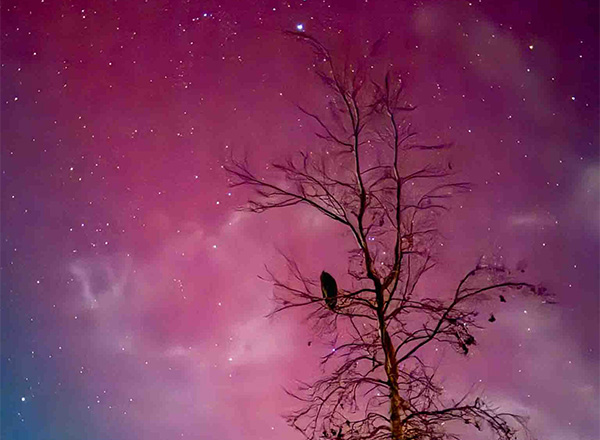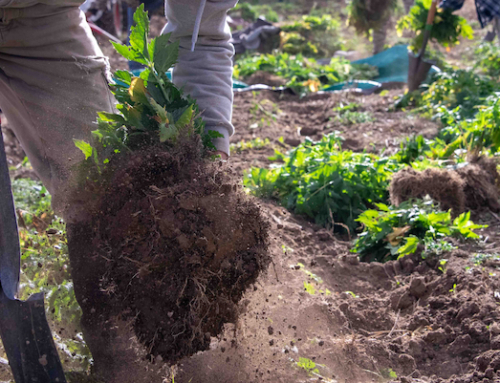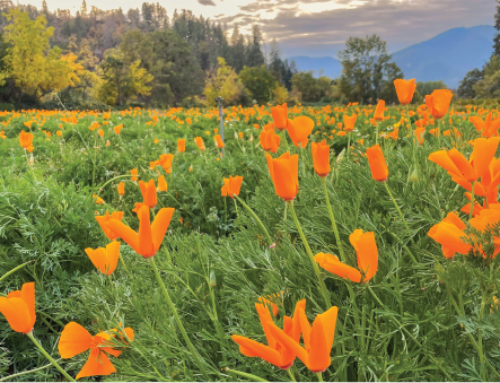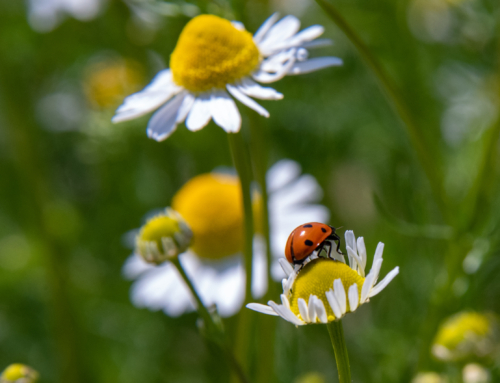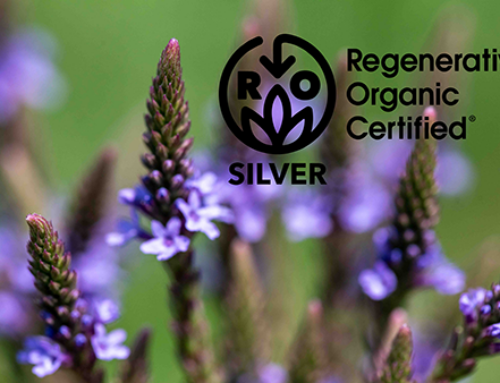The Quiet Season
We are entering the quiet season on the farm. It sneaks up on you at first, hidden amongst the clatter and hustle of the Fall harvest. First the frogs fade away, their nightly chorus rising up each night from the ponds, suddenly, is no more. Then the fans of our dryers stop, as the last herbs are dried and stored away for winter. Then suddenly the tractors stop too, after the last fields have been planted in oats, clover or winter peas, the last irrigation pump pulled from the pond, and the equipment has been stored away under cover, where they wait patiently for the mechanic to give them their winter maintenance so they are ready for Spring. The nights have grown long, as we march towards Winter Solstice, and the mornings are cold and often blanketed in a crystalline cover of ice, sparkling in the early morning light as the freezing fog breaks way to clear blue skies.
Order fulfillment is the most pressing task of the season, and the team inside is working at a hurried pace to get out orders to customers both small and large, ensuring people have the herbs they need. Many of the farm crew have moved to processing the season’s harvest, removing leaves from stems, cutting and sifting roots and cleaning the seed we saved from the chafe, so it is ready for next season’s planting. The rest of the farmworkers are busy stacking pipe, putting away materials, winterizing irrigation, buttoning up the last of Fall’s to do’s that can still be done. As farm owners, our jobs turn more towards buttoning up the last fiscal year, while planning for next growing season. We are meeting with customers and finalizing our next year’s farm plan, already anticipating the start of the seeding season just around the corner, knowing that the success of a season is only as good as it’s plan.
Yet, it’s the silence of the upcoming season that can catch you by surprise. It is in these quiet moments we notice other life we don’t usually see. As I walk across the field, lost in thought the piercing call of the hawk cuts through the quiet. Red tail feathers swooping from overhead as the hawk dives and glides just above the dormant foliage. A large bobcat is stalking along the pond edge, until he sees me. He slowly jogs down the row of frost killed Tulsi, looking back at me once more before turning and darting back towards the forest.
It’s the nights though that really take your breath away. As I step out into the crisp evening with dog in tow, headed to the compost pile, the grass crunches lightly under foot, my breath cutting through the cold like a knife. With the Summer tourist traffic long faded and the Fall seasonal workers also finished for another year, the time between a car can stretch further and further this time of night. We are expecting the first snow on the valley floor next week and during those times before the plow makes its way snaking down the highway, the whole valley is still. Our friend the owl breaks the silence, hooting from the tree overhead twice.
The dog pulls on the lead and as I turn the light I see one of the resident Gray Foxes ignoring us just off, in what was the curtain of darkness, nose down, transfixed in the hunt of a gopher, or vole. The Gray Fox was almost difficult to find in the Applegate Valley even 5 years ago. Our resident foxes suffered greatly from canine distemper in a bad outbreak around 2012 that wiped out the local population to where it was rare to see a fox. Now we see them almost nightly, they move in the shadows, always seemingly just out of sight, felt more than seen, or as I’ve often found with wildlife, sensed before seen. Thankfully, the dog doesn’t notice the night crew busy at work keeping our gopher and rodent population in check, and I turn the light away before she does, walking back to the farmhouse quietly, leaving our friend the owl and the fox to tend to the task.
